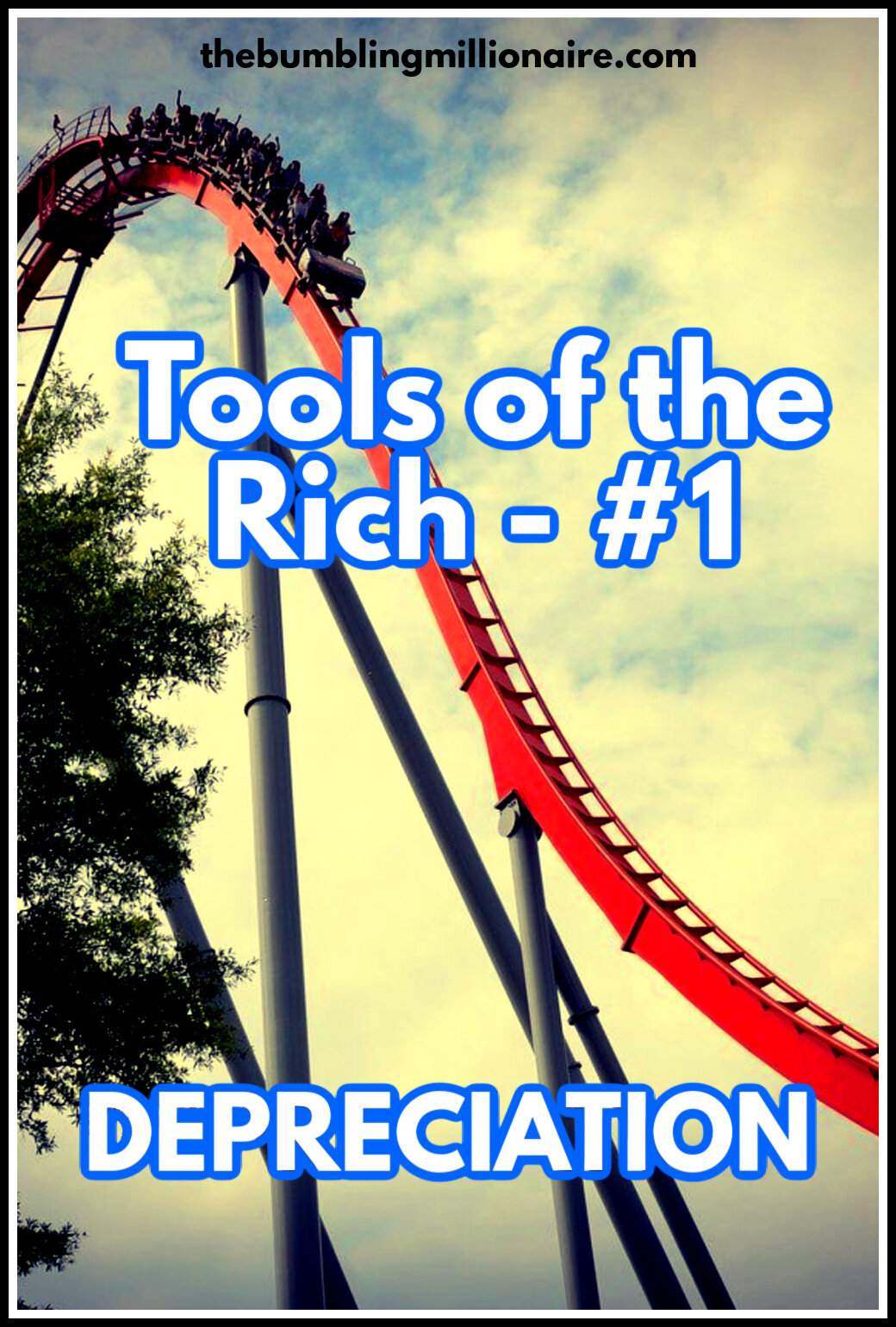I am Deeply in Debt and I Feel Fine
/This post may contain affiliate links. Learn more by reading my disclosure.
I read an article recently wherein the writer stated that all debt is bad. I paused on his stance and reflected for a bit. It seemed extremely militant. I’m not saying the author can’t take that position, it’s just that I don’t agree with him.
I battled consumer debt for many years before I finally cleaned up my act. I’m not perfect now by any stretch of the imagination, but I’m doing a heck of a lot better.
Part of my growth was getting a better understanding of debt - on how to use it and when to avoid it.
I don’t hate, nor do I love, debt. It took me some time to get comfortable with what debt is and how I could use it properly.
What is Debt?
Let’s quickly get on the same page. One of my favorite pages, Investopedia, has done a nice, clean job of defining debt.
Debt is an amount of money borrowed by one party from another. – Investopedia
Debt is a basic financial concept and, therefore, nothing to be emotional about, right?
If that’s true, why do most of us get so upset about it?
Is Debt Bad?
Should we affix the label bad to debt?
If we call it bad, should we also consider the opposite label - good?
I’m starting to think we shouldn’t refer to debt as either. Doing so removes the power of control from us and gives it to debt. We are in control, not debt.
Debt is a tool, just like a hammer.
A hammer is built for pounding nails into a board or prying nails out. You can even use a hammer for demolishing an old structure. That is a hammer’s intended use.
However, a hammer can be used in the commission of crime, whether it be breaking and entering or even a homicide. That’s an unintended use.
Neither situation made the hammer either good or bad, it just was.
The way the hammer was used, however, is what should be considered.
- Pounding nails with hammer = good.
- Homicide with hammer = bad.
Just like the hammer, debt is a tool. It is neither good nor bad. It just is.
Debt is Intangible
Debt is an intangible item. It can’t be picked it up, touched, felt, eaten or thrown away. It has no actual mass nor weight, yet it can weigh heavily on our shoulders as it counterbalances our bank accounts.
This is one of the frustrating things about debt. We can’t put our hands around it.
Sometimes we can touch the thing that debt has purchased, a car for example. If debt is attached it a car, it suddenly takes on an extra magnitude of importance. We may soon resent the car due to the debt.
However, the car is like the hammer we discussed previously. At its core, the car is just a tool. It moves us from point A to point B and back again.
When we attach emotions to inanimate objects is when things get cloudy.
It’s even cloudier when we attach emotions to intangible concepts.
What Types of Debt are There?
For this discussion, there are three types of debt that many of us will come into contact at some point in our lives.
- Consumer (credit cards, cars, boats, ATVs, etc.)
- Business
- Real Estate
Consumer
The most common type of consumer debt would be the credit card. It’s easy to use and extremely portable. Most of us (myself included) no longer carry cash. I use a credit card now, but pay it off fully every month. It’s a great tool. Just like the hammer, I don’t want to bang my thumb with it by not paying attention.
However, if you finance a dinner out with your spouse and don’t pay it off at the end of the month, you’re playing into the hands of the credit card company. You’ve eaten the meal, your body has processed it and now you’re going to pay interest on it for the next how many months? Until you pay off your credit card in full, this is poor use of debt.
However, the debt itself isn’t bad, it’s how you used it that was bad. Remember, debt was a tool to help you get what you wanted. You failed to use it appropriately.
Financing a car, boat or ATV, is almost as bad decision. Even though you may have something big in your driveway, it depreciates monthly, costs you insurance to operate (and store) and usually doesn’t end happily. But don't blame debt because you bought one of the above. It allowed you to get what you wanted. It’s a tool. How you use it, though, is where the responsibility lies.
Don’t blame the debt for making a poor choice. It didn’t sign the loan documents.
Business
If you’re starting a new business you’re likely to come into contact with this type of debt. This will provide the additional capital to purchase Furniture, Fixtures and Equipment (FF&E). It will also provide you the funds to purchase initial inventory.
This debt has helped many businesses get off the ground and get rolling.
I’ve used business loans twice to start a couple businesses. Unfortunately, neither one was successful and I was left with a sizeable debt both times. I knew the risk and took the chances. I don’t fault the debt for the business failures.
Both were the result of other circumstances, not the actual use of debt.
Real Estate
This is the loan you take out for your home or investment real estate. If done correctly, this debt can provide you a safe place to live for many years or a great passive income stream.
However, it can also sting if you borrow incorrectly.
You can use debt to leverage into a home. Essentially, this is using other people’s money by borrowing from the bank. If you couldn’t borrow the money, you would have to save 100% of the purchase price to buy a building.
For example,
You want to buy a $100,000 building and approach the bank for a loan.
The bank is willing to loan you 75% of the value, meaning you have to raise 25% or $25,000.
If you couldn’t borrow the money, you would have to save $100,000 to buy the building. If this had to occur every day for everyone, the economy would come to a screeching halt.
Debt serves a purpose as a tool. Don’t judge it as good or bad, it just is.
The way we use debt is what should be considered.
How Deeply in Debt Am I?
I haven’t always been good with debt. I battled with consumer debt for many years before cleaning up my act to focus on real estate. I don’t blame the credit card I used, because I was the guy putting it into action. Twice before, I got out from almost $50,000 worth of consumer debt.
Every month now, I update my financial balance sheet when I write the monthly reports on my properties. I have this balance sheet ready to go at a moment’s notice for my banker. She needs this whenever we look to purchase a new property or refinance. It also lets me know where I stand at any time.
At the end of May, I had more than $900,000 in debt, almost all of it was associated with real estate. There was some bad business debt which I’m working to extinguish, but that will take time (and is a story for another day).
Regardless, I’m not afraid of the $900,000 as the majority of it is spread across various real estate properties where I have different levels of ownership. My net worth his grown dramatically because of this leverage and grows every month as the tenants in the buildings make the monthly rent payments.
Debt has helped me grow as an investor. It has been neither bad nor good. It just is.
And it has been a tool in my toolkit.
What do you think?
Is debt bad, good or neither?





